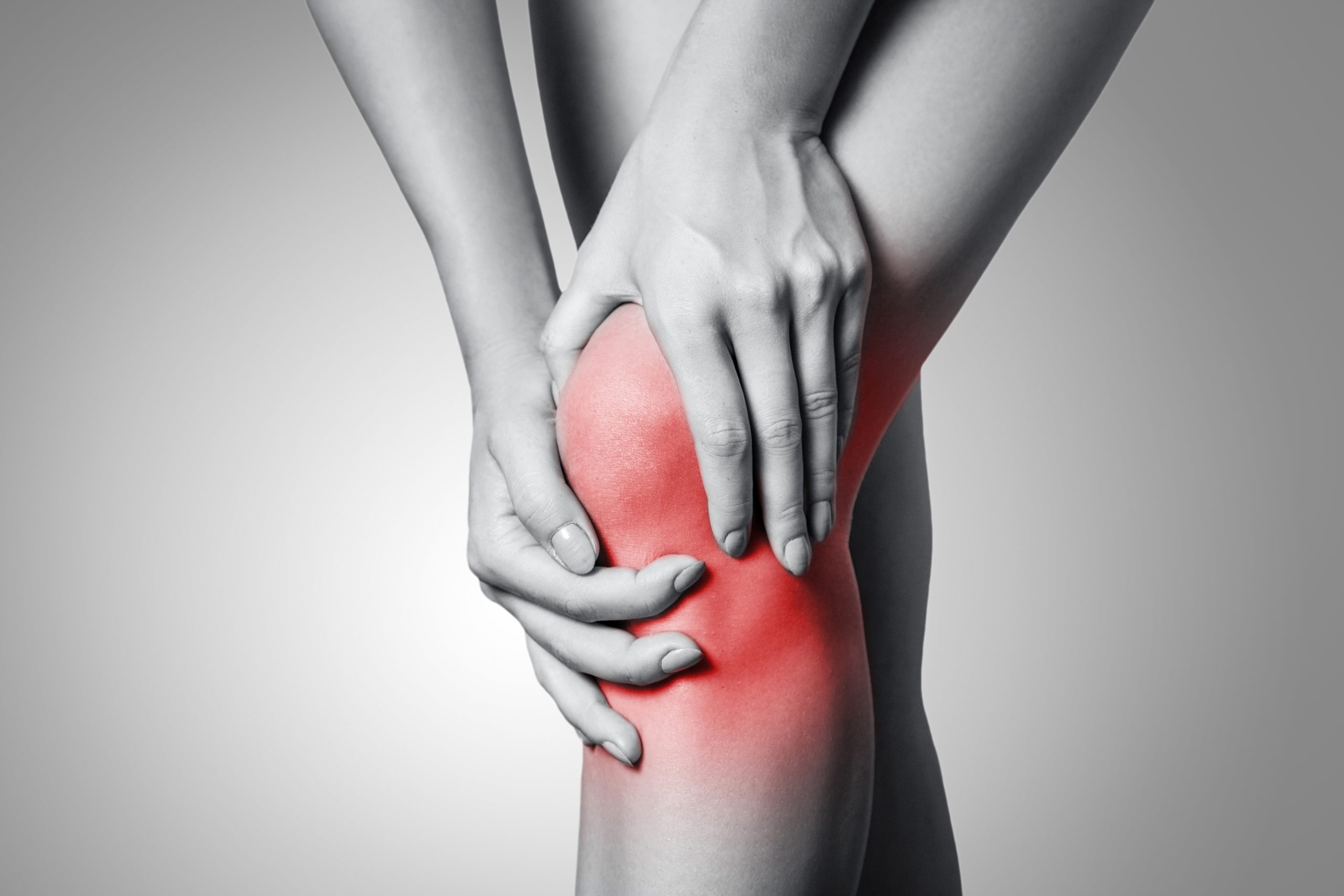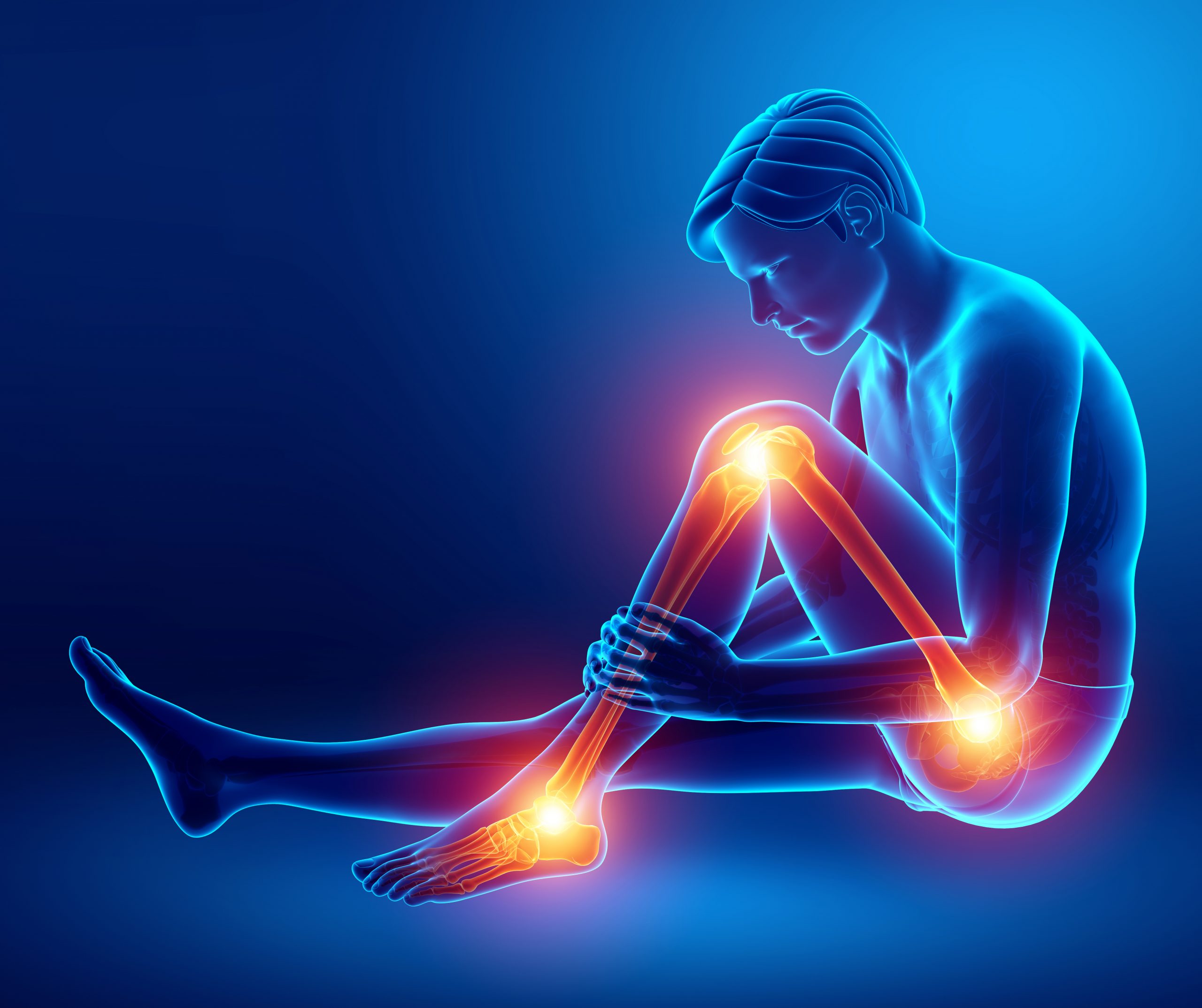Joint pain is a common condition that affects individuals of all ages. While joint pain can be attributed to various factors, including injury, overuse, or arthritis, recent research suggests that there may be a connection between joint pain and gut health. The gut, also known as the gastrointestinal system, plays a crucial role in overall health, including the immune system and inflammation regulation. In this article, we will explore the link between joint pain and gut health and how maintaining a healthy gut can potentially alleviate joint pain.
- Inflammation: Inflammation is a natural response by the immune system to protect the body from injury or infection. However, chronic inflammation can lead to various health issues, including joint pain. The gut and joints share a complex relationship when it comes to inflammation. An imbalance in gut bacteria or increased intestinal permeability, known as leaky gut syndrome, can trigger an inflammatory response that may contribute to joint inflammation and pain.
- Gut Microbiota: The gut is home to trillions of microorganisms, collectively known as the gut microbiota. These microorganisms play a crucial role in maintaining gut health, aiding digestion, synthesizing essential nutrients, and supporting the immune system. Imbalances in the gut microbiota, such as a decrease in beneficial bacteria or an overgrowth of harmful bacteria, can lead to gut dysbiosis. This imbalance has been associated with systemic inflammation and may contribute to joint pain and inflammation.
- Immune System Response: The gut plays a vital role in immune system function. The gut-associated lymphoid tissue (GALT) is a significant component of the immune system and helps regulate immune responses throughout the body. Imbalances in the gut microbiota can disrupt the immune system, leading to an overactive immune response and increased inflammation. This systemic inflammation can potentially affect the joints and contribute to joint pain.
- Nutrient Absorption: The gut is responsible for absorbing nutrients from the food we consume. Nutrients like vitamins, minerals, and antioxidants are essential for maintaining joint health and reducing inflammation. However, an unhealthy gut can compromise nutrient absorption, leading to deficiencies that may impact joint health. For example, deficiencies in vitamin D, vitamin C, omega-3 fatty acids, and antioxidants have been linked to joint pain and inflammation.
- Food Sensitivities: The gut can be sensitive to certain foods, triggering immune responses and inflammation. Food sensitivities or intolerances, such as gluten or dairy intolerance, can cause gut inflammation and lead to joint pain in susceptible individuals. Identifying and avoiding trigger foods can help reduce gut inflammation and alleviate joint pain.
- Leaky Gut Syndrome: Leaky gut syndrome refers to increased intestinal permeability, allowing toxins, bacteria, and undigested food particles to leak into the bloodstream. This can trigger an immune response and systemic inflammation. Studies have suggested that leaky gut syndrome may be associated with joint pain and inflammatory conditions like rheumatoid arthritis. Maintaining a healthy gut lining and addressing leaky gut syndrome through dietary changes and lifestyle modifications may help alleviate joint pain.
- Probiotics and Prebiotics: Probiotics are beneficial bacteria that can promote a healthy gut microbiota. These live microorganisms can help restore gut balance, support immune function, and reduce inflammation. Prebiotics, on the other hand, are non-digestible fibers that serve as food for beneficial gut bacteria. Consuming probiotic-rich foods (e.g., yogurt, sauerkraut, kimchi) or taking probiotic supplements, as well as incorporating prebiotic-rich foods (e.g., garlic, onions, bananas, oats), can help support gut health and potentially reduce joint pain.
- Dietary Choices: A healthy diet is essential for maintaining both gut












